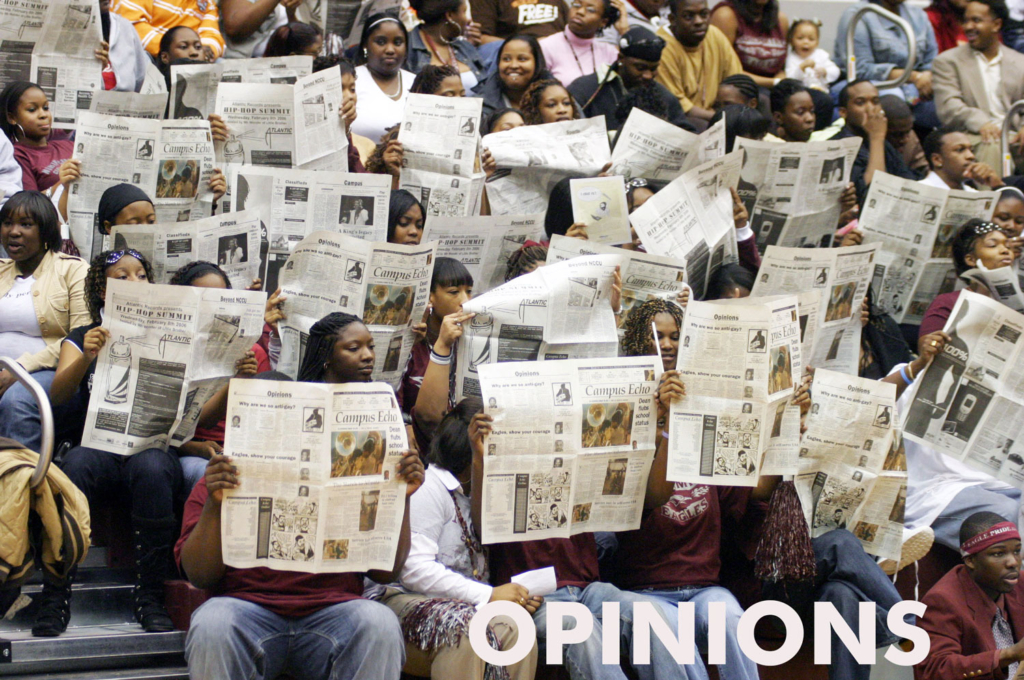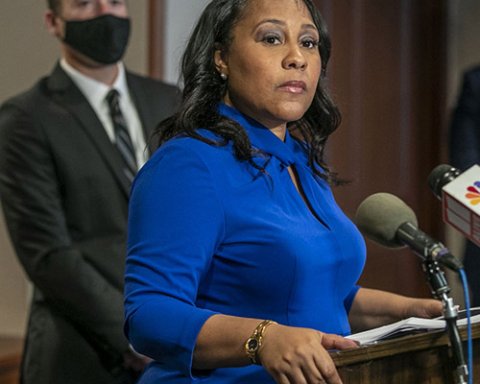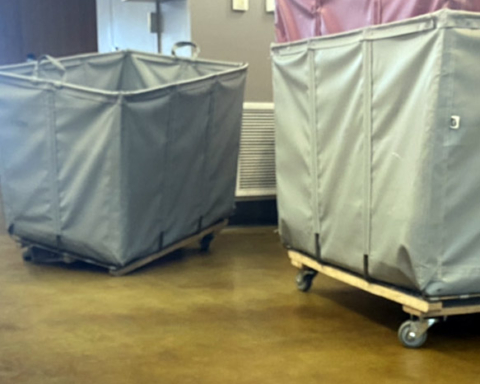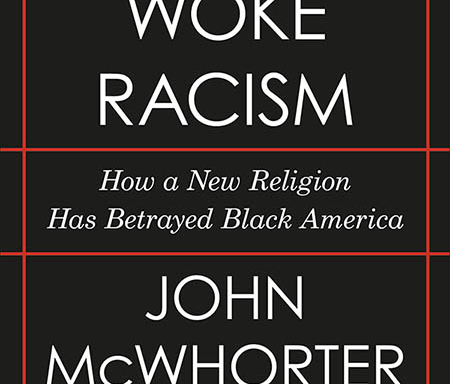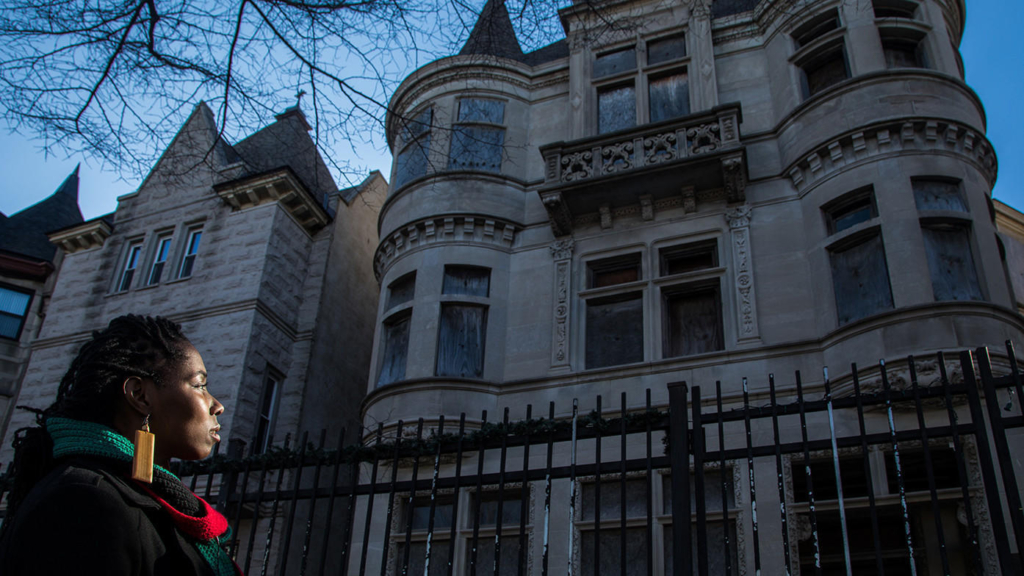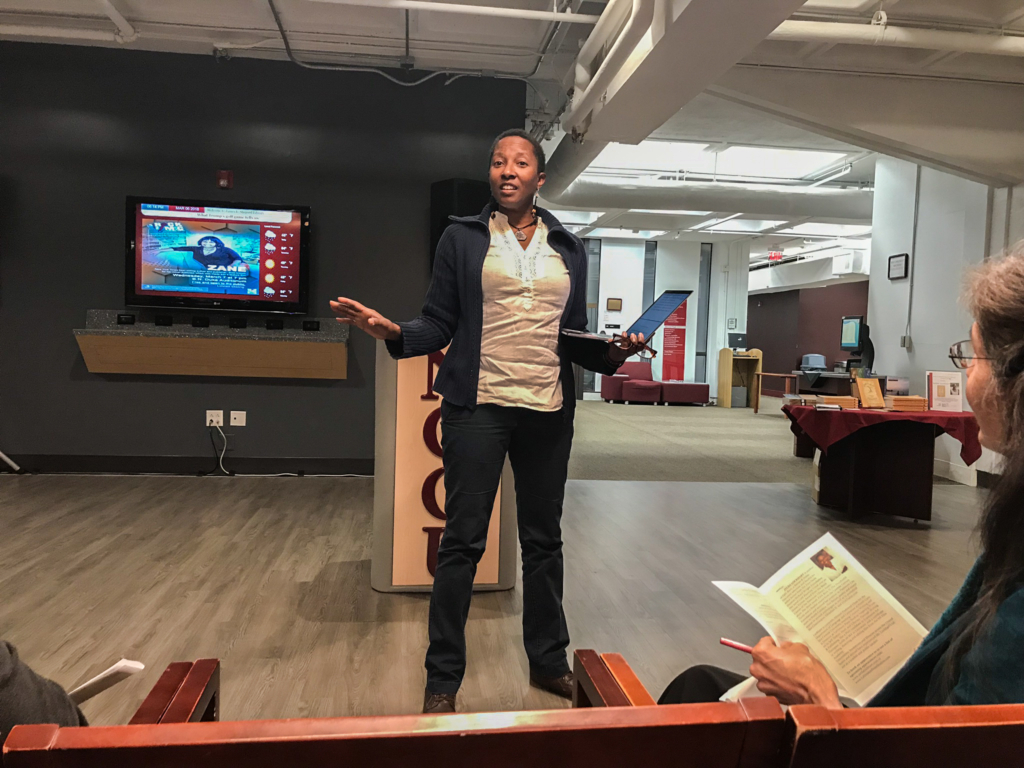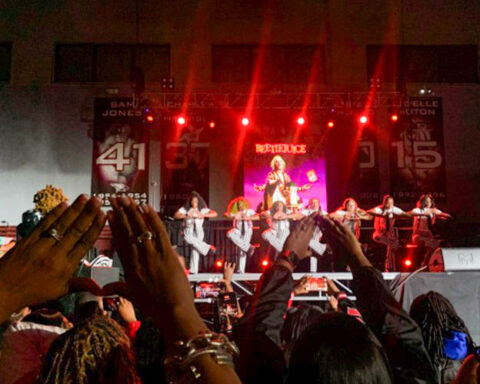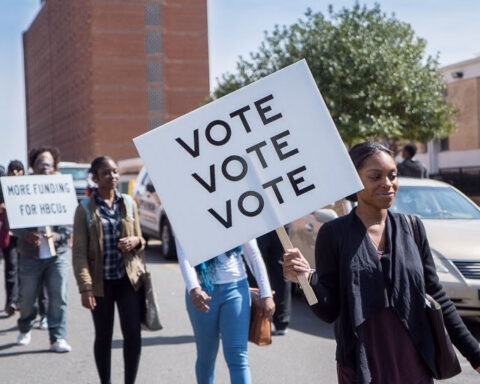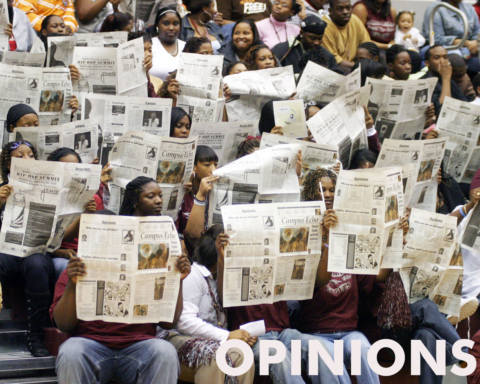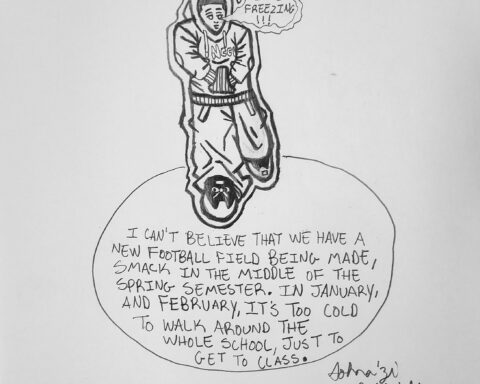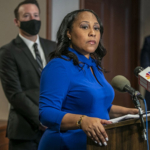Slavery, segregation and the racism underlying them have left a deep chasm in economic and social progress between black and white Americans.
It shows up in differential incarceration rates and earnings and in disproportionate school suspensions. And several new reports show it’s black boys who have the most ground to make up from it.
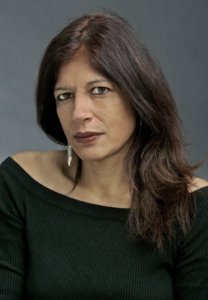
Ironically, the color-blindness once promoted as the solution to racism isn’t always the most effective tool for getting there. That point was driven home last week in a workshop for white teachers of black boys, led by Eddie Moore Jr. in Des Moines.
Moore has written a book on the subject and led workshops across the country. He’s president of The Privilege Institute. He got his higher education in Iowa, where he says 65 percent of teachers are white women; good people, but many “ill-prepared for the experience of teaching people of color, especially black males.”
Moore credits Iowa for saving his life by getting him away from the gang and drug influences of his native Miami. But, he said, “Midwest nice is not an efficient tool to make the changes we’re proposing.”
A slide offered some clues to that, with a compilation of head shots of famous black men including Martin Luther King Jr., Malcolm X, Marcus Garvey, Frederick Douglas, Thurgood Marshall and Paul Robeson.
What they all had in common, Moore said, was being educated in an era of segregation, even de facto, by teachers who were black. As boys, they saw their reflection at the head of the class, which helped them forge positive identities heading into manhood.
Black boys in Iowa are less likely to see positive reflections of themselves. More than 28 percent of Polk County’s black households are headed by a single female, compared with more than 11 percent of Polk County’s total. A report released last year called “One Economy: The State of Black Polk County” shows the median household income for the county was $59,844, but $26,725 for black households. Nearly 36 percent of black people in Polk County live in poverty, compared with 13.5 percent of the general population.
Iowa has one of the highest rates of incarceration of black people, which doesn’t necessarily mean they commit more crimes. Much has to do with who gets stopped by police, what types of crimes get prosecuted and who gets prison terms.
“Among the young, there is a hopelessness rooted in a lack of opportunity for them in Polk County,” says the report, published under the auspices of the Northwest Area Foundation. “They do not see themselves reflected in the school teachers and administrators, public officials, and wider community leadership in Polk County.”
Iowa isn’t alone. The March 18 New York Times reports that black students in the Minneapolis school district comprise 76 percent of students suspended, although only 41 percent of district enrollment.
A closer look found that problem white students in kindergarten were described by teachers as “high strung” or “gifted but can’t use his words” and given a pass. Problem black students were depicted as “destructive,” “violent” and unmanageable.
The Obama administration drafted policies to prevent racial disparities in school discipline, but the Trump administration is reversing them.
As the One Economy report put it, “A crisis of low expectations, both from within and outside the black community, stunts confidence in themselves and in what life has to offer them.”
Monday’s Times brought more discouraging news in a report by Stanford and Harvard universities and the U.S. Census Bureau. It finds that race undermines class benefits for even black boys raised in very wealthy households. They will earn less than white boys with similar backgrounds 99 percent of the time. It attributes some of that to black boys being more likely to be disciplined, even in preschool, and later pulled over, detained or searched by police based on racist stereotypes.
On a positive note, the study finds black boys especially can benefit from mentors of the same race and gender. So what can schools do? Hiring more black male teachers would be wonderful. African-Americans make up 19.4 percent of Des Moines district students but only 3 percent of teachers.
The district is trying to attract more minority students into teaching professions through several school and extracurricular programs. White teachers don’t necessarily disagree on the need for more black male teachers. “I think there should be a mirroring of students by faculty and counselors and administrators,” said Vicki Goldsmith, Iowa’s 2005 Teacher of the Year and a finalist for national Teacher of the Year. “It’s easier for an African-American student to approach a person of their own culture if they are depressed, in trouble or seeking help, because there’s already a comfort level.”
She and other white teachers say in their teacher training, bridging those cultural divides was never addressed.
Moore noted that single-sex schools have sometimes been touted as better for girls. “Should we go back to segregation as a solution?” he asked.
That’s not likely to happen at the public school level, so the next best alternatives are adding teachers of color and training white and other teachers for more positive interactions with black students. Moore thinks every school should have a professional staffer for that. It’s heartbreaking that these institutional legacies of racism continue to affect children in such harmful ways. Acknowledging that they do is a first step, but we need to develop the will to respond at the local, state and national levels.
Opinion by Rekha Basu
Des Moines Register (Tribune News Service)

